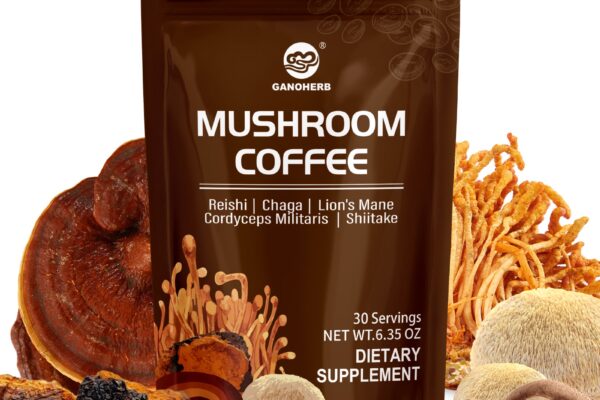Blog
Is Mushroom Coffee Good For Diabetes?
Mushroom coffee has quickly become an en vogue beverage that combines traditional coffee with extracts from medicinal mushrooms such as lion’s mane, chaga, reishi and cordyceps. Its popularity stems from claims that its benefits include increasing immunity, relieving stress levels and controlling blood sugar. Although mushroom coffee may help boost your immunity or stress levels, it should not replace a balanced diet; some mushrooms used in these brews may be hard on digestion while some contain high amounts of oxalates which increases risk of kidney stones if this trend becomes popular; always consult your physician first before taking part in any new trend or trend!
Assuming mushroom coffee does nothing other than decrease caffeine consumption, there is limited research backing the health claims made by companies offering it. Brews typically contain roughly half the caffeine found in regular coffee and often have a nuttier or earthier taste; many products also include herbs such as ashwagandha or amino acids like L-theanine.
Mushroom coffee may offer numerous health advantages due to the adaptogens found in certain ingredients. Adaptogens help regulate our response to stress and fatigue and may improve mental health and immune function, according to various studies. Chaga, Reishi and Turkey Tail mushroom extracts may even aid cancer patients by stimulating cell repair processes.
Fungus extracts used in these beverages could also have anti-inflammatory effects that help alleviate arthritis pain and joint inflammation; however, further research needs to be completed before any such claims can be verified.
Some types of mushroom coffee may help those living with diabetes better regulate their blood sugar. Studies indicate that mushrooms contain polysaccharides which may decrease insulin resistance and enhance glucose metabolism, according to preliminary research; however, further investigations must be completed in order to substantiate such claims.
Mushroom coffee poses some risks, most of which relate to its ingredients and varieties of mushrooms. Some varieties, including lion’s mane, chaga and cordyceps may be hard on digestion or contain high levels of oxalates that increase risk for kidney stones; people with history of kidney disease, stones or other conditions should avoid these beverages altogether. Mushroom coffee should also not be consumed during pregnancy or nursing as its impact on developing babies remains unknown.
As a rule, whole foods provide optimal nutrition. Most of the nutrients found in mushrooms and other plants are more easily absorbed when consumed with other foods – known as food synergy – so consuming mushrooms as part of this brew provides similar health benefits as when eaten alongside vegetables, fruits, whole grains and healthy fats. It should be noted however that dried and extracted mushrooms don’t provide all of the same health advantages found in raw ingredients.



